What Happens in Aeschylus’ The Suppliants?
Aeschylus’ The Suppliants is a complex and multi-layered exploration of the archetypal themes of the feminine, the foreign, and the tension between the individual and the collective. Through the story of the fifty Danaids, who flee to Argos to escape forced marriage to their Egyptian cousins, the play illuminates the challenges of encountering the unfamiliar, the importance of hospitality and protection, and the sometimes difficult relationship between the feminine and the masculine.
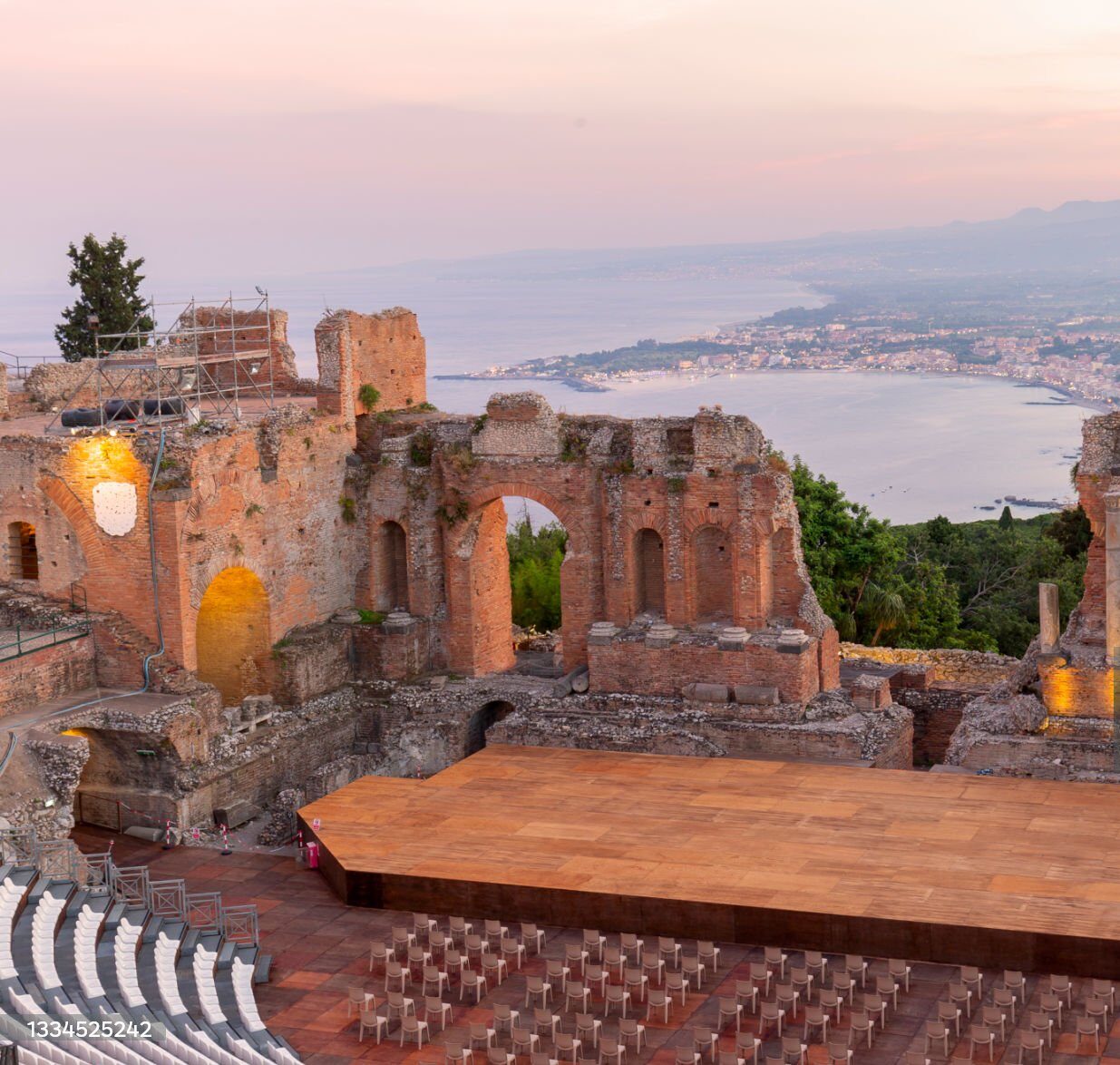
Summary of The Suppliants
The Suppliants opens with the fifty daughters of Danaus, the Danaids, arriving in Argos, having fled Egypt to escape forced marriage to the fifty sons of Aegyptus, their cousins. They seek refuge and protection from the king of Argos, Pelasgus.
Pelasgus is faced with a dilemma: providing refuge to the Danaids could mean war with the Egyptians, but turning them away would be a violation of the sacred duty of hospitality and protection. After much deliberation and pressure from the Danaids, Pelasgus agrees to put their case before the people of Argos, who vote to grant them asylum.
The play ends with the arrival of the Egyptian herald, who demands the return of the Danaids. Pelasgus refuses, asserting the decision of the Argive people to protect the suppliants. The herald leaves, threatening war, and the Danaids are left under the protection of the Argives, but with an uncertain future.
Archetypal Figures in The Suppliants
The Danaids: The Feminine and the Foreign
The Danaids, the fifty daughters of Danaus, represent a complex interplay of archetypal themes – the feminine, the foreign, and the supplicant.
As women, the Danaids embody the archetypal feminine – the Yin principle of receptivity, interiority, and the unconscious. Their flight from forced marriage is a rejection of the subjugation of the feminine to the masculine, an assertion of their right to autonomy and self-determination.
At the same time, as foreigners in Argos, the Danaids represent the archetype of the Other – the unfamiliar, the exotic, the potentially threatening. Their presence in Argos disrupts the established order, forcing a confrontation with difference and the unknown.
Finally, as suppliants, the Danaids invoke the sacred duty of hospitality and protection. They represent the archetypal figure of the helpless and the vulnerable, the one who must rely on the kindness and generosity of others.
Pelasgus: The Wise King
Pelasgus, the king of Argos, embodies the archetype of the Wise King – the just and prudent ruler who must balance competing obligations and make difficult decisions for the good of his people.
Pelasgus’ dilemma – whether to protect the Danaids and risk war, or to turn them away and violate the sacred duty of hospitality – reflects the often complex and contradictory nature of the responsibilities of leadership. His decision to put the matter before the people of Argos reflects a wisdom and humility, a recognition of the limits of his own authority and the importance of collective decision-making.
In depth psychological terms, Pelasgus represents the ego in its healthy, mature form – the conscious, rational part of the psyche that mediates between the demands of the unconscious (represented by the Danaids) and the realities of the external world.
The Egyptians: The Shadow Masculine
Although they do not appear directly in the play, the Egyptians, particularly the fifty sons of Aegyptus who pursue the Danaids, represent the archetype of the Shadow Masculine – the negative, aggressive, and dominating aspect of the masculine principle.
The Egyptians’ pursuit of the Danaids, their attempt to force them into marriage, reflects the way in which the masculine, when not integrated in a healthy way, can seek to control and suppress the feminine. They represent the threat of the unrestrained animus – the masculine within the feminine that, when not properly related to, can become destructive.
In a broader sense, the Egyptians also represent the threatening aspect of the foreign – the fear of the Other that can lead to conflict and aggression.
Themes and Psychological Insights
The Integration of the Feminine
At its heart, The Suppliants is a story about the struggle for the integration of the feminine – both in the individual psyche and in the larger culture.
The Danaids’ flight from forced marriage is a powerful symbol of the feminine’s resistance to being dominated and defined by the masculine. Their insistence on autonomy and self-determination reflects the necessity for the feminine principle to be valued and respected in its own right.
At the same time, the play does not present a simplistic opposition between the feminine and the masculine. The figure of Pelasgus, the wise king who agrees to protect the Danaids, suggests the possibility of a positive masculine principle that respects and honors the feminine.
The Encounter with the Other
The Suppliants is also a profound exploration of the challenges and opportunities of the encounter with the Other – the foreign, the unfamiliar, the different.
The arrival of the Danaids in Argos is a disruption of the status quo, a confrontation with the unknown that forces a reevaluation of established norms and values. Pelasgus’ dilemma reflects the often difficult choices that must be made in the face of difference – the tension between preserving one’s own identity and opening oneself to change.
In depth psychological terms, this encounter with the Other can be seen as a metaphor for the ego’s encounter with the unconscious – the confrontation with the unknown aspects of the self that can be both threatening and transformative.
The Importance of Hospitality and Protection
A central theme of the play is the sacred duty of hospitality and protection – the obligation to provide refuge and succor to those in need.
The Danaids’ appeal to this duty, and Pelasgus’ ultimate decision to honor it, reflects a deep understanding of the interconnectedness of human beings and the responsibility we have to one another. It suggests that our humanity is defined not just by our individual identities, but by our willingness to extend care and compassion to others.
In a psychological sense, this duty of hospitality can be seen as a metaphor for the ego’s responsibility to the unconscious – the need to create a safe and receptive space for the emergence of the unknown and the repressed.
The Tension between the Individual and the Collective
Finally, The Suppliants explores the often complex relationship between the individual and the collective – the tension between personal autonomy and the demands of the group.
The Danaids’ claim to self-determination clashes with the established norms and expectations of their society. Pelasgus’ decision to put their fate in the hands of the Argive people reflects the way in which individual destinies are often shaped by the collective will.
This tension reflects the psychological struggle between individuation and socialization – the challenge of developing a unique, authentic self while also finding one’s place within the larger human community.
Read About Other Classical Greek Plays and Their Influence on Depth Psychology
Classical Literature
Iphigenia in Aulis

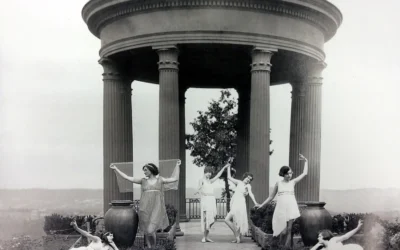




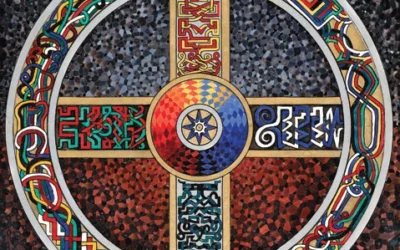
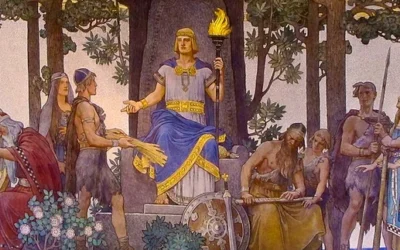


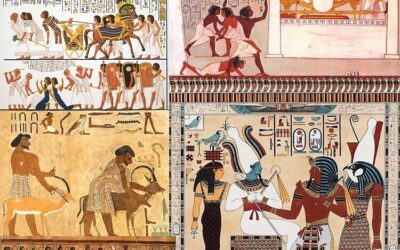
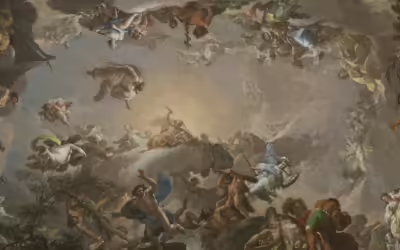



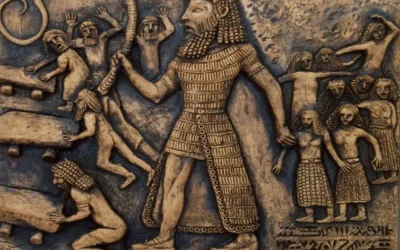
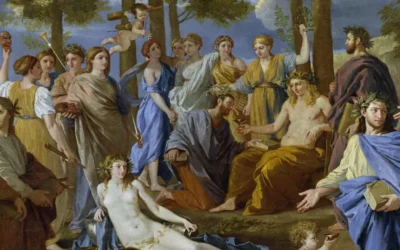
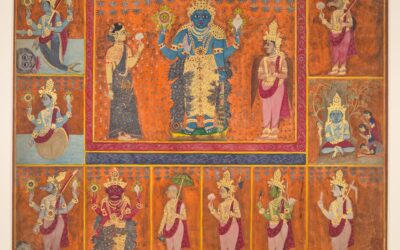
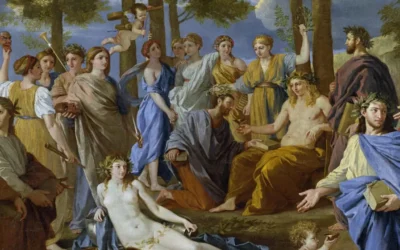
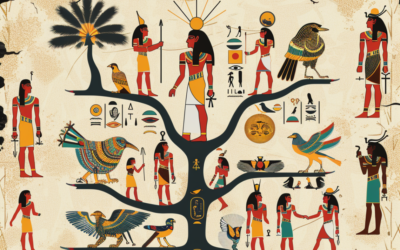
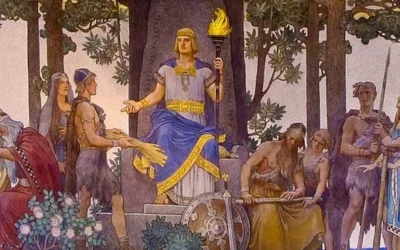

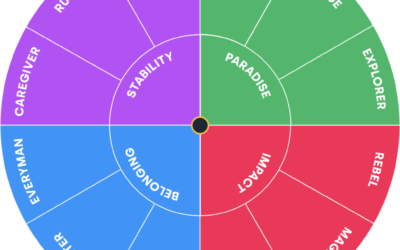
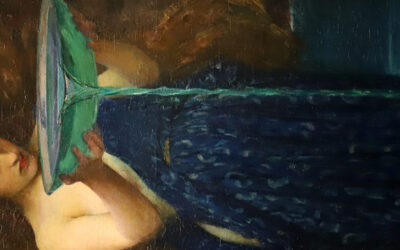
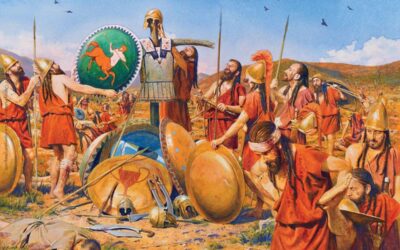
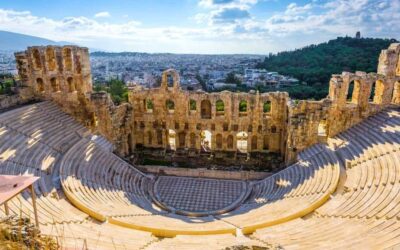
0 Comments